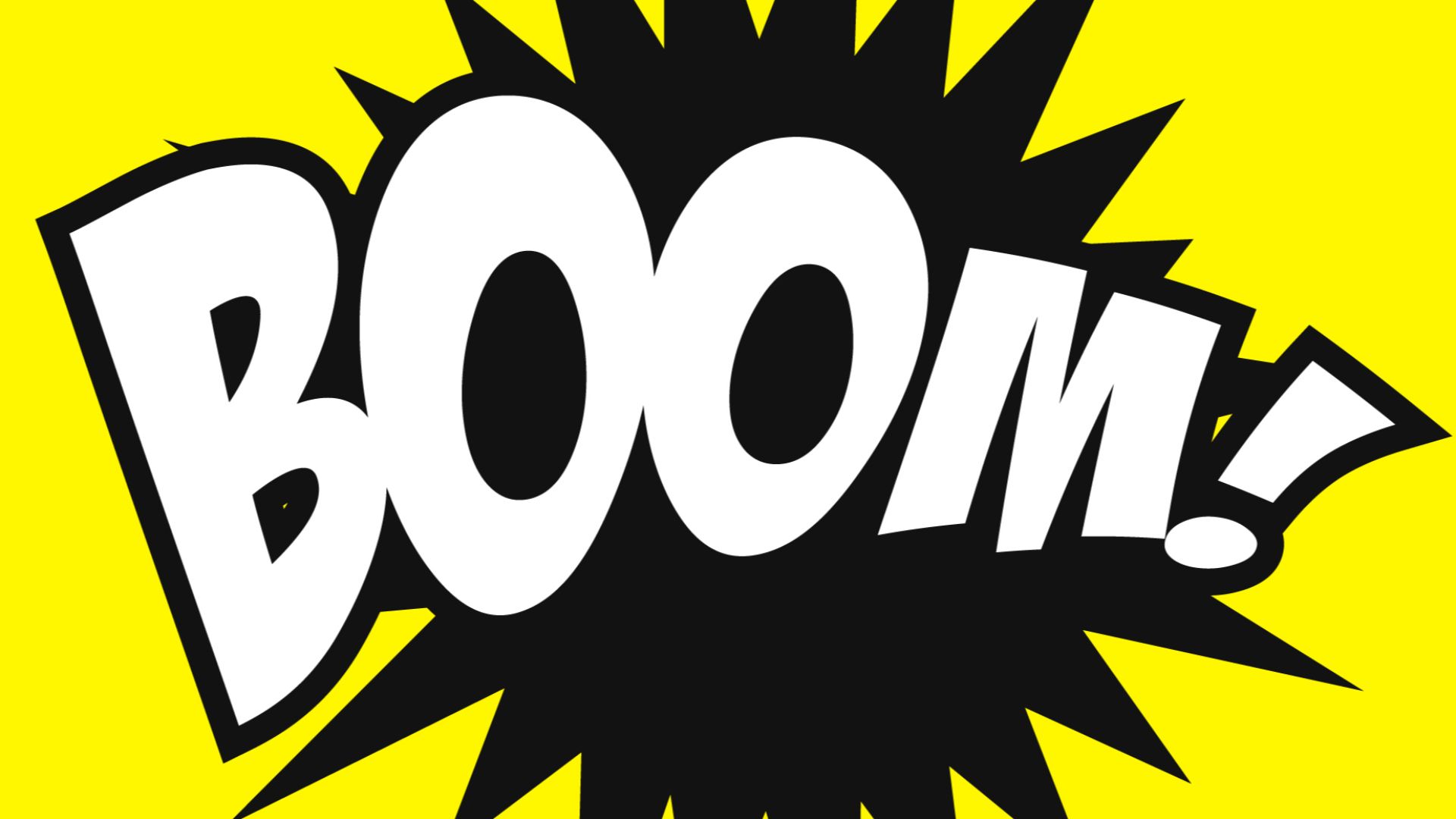Good Luck With These
You see it written down. You think you’ve got it. Then you try saying it out loud, and suddenly, everyone’s staring. Some English words look innocent but twist your tongue and confidence faster than you can mispronounce them! So, here's a list that proves the English language absolutely loves to mess with people—especially non-native speakers.
1. Colonel
Forget phonetics here. This military rank, pronounced "kernel," drops all logic. Borrowed from French and Italian roots, it retained the spelling but not the sound. Non-native speakers get thrown off immediately. Even fluent speakers pause before saying it. Tricky, right?
 United States Armed Forces on Wikimedia
United States Armed Forces on Wikimedia
2. Worcestershire
Welcome to the sauce that ruins spelling bees. Despite its Frankenstein appearance, it’s said like "Wus-ter-sheer." The extra letters exist purely to confuse. Blame British regional dialects for this culinary enigma. Practice slowly if you want to survive restaurant menus, or just point to what you need.
3. Rural
Tough to articulate cleanly, this word’s double "r" and sneaky "l" challenge even native speakers. It sounds awkward in quick conversation and becomes more complicated with accents. Film actors dread it. Say it thrice fast—go on, try it.
4. Squirrel
Germans, in particular, struggle with this one. A blend of squeaky sounds and an odd rhythm, it trips up the tongue fast. No phonetic hints help, either. You’ll often hear hilarious approximations, each more creative than the last.
5. Sixth
Now, this is a trap. The "xth" combination mashes consonants together in a way that demands Olympic-level articulation. It often mutates into "sikth" or just "six." In math class or at a podium, it shows no mercy.
6. Phenomenon
Ever seen people freeze mid-sentence trying to finish this word? The "ph" sound, triple syllables, and rare usage make it stumble-worthy. This word often pops up in science or news, so there’s no avoiding it. The trick is to practice, as that builds confidence.
7. Anemone
Looks like alphabet soup, right? Wrong! Sea creatures might be peaceful, but this word creates chaos. Many pronounce it like they’re guessing a password. The beauty hides behind verbal warfare. Stick to the spelling and speak it slowly.
8. Thorough
English’s beloved "ough" strikes again. This version sounds like "thur-oh," though nothing about its spelling predicts that. Derived from Old English, it evolved messily. You’ll find it in most instructions, but saying it clearly takes repeated effort.
9. February
Nearly everyone skips the first "r" here, making it sound like "Feb-yoo-air-ee." But the original "Feb-roo-ary" persists in formal speech. Calendars everywhere wince because it’s one of those words where accuracy and habit constantly clash.
10. Mischievous
Say it wrong, and English speakers will judge you immediately and sometimes forever. The correct form has three syllables: "mis-chuh-vus." However, people often add an unnecessary one. Dictionary sticklers shake their heads, but the habit’s widespread.
11. Queue
One letter does all the work, while four others just do nothing. English, why? It looks foreign—and it is from French. In tech, gaming, or daily lines, it confuses everyone visually. Ironically, it represents waiting, much like the spelling experience.
12. Epitome
Read it once, and you’ll likely say "epi-tome." That silent "e" misleads you fast. The right way is actually "Eh-pit-oh-mee." It’s a Greek word that sneaked into English centuries ago. Sure, it is elegant in tone, but it comes with a spoken curveball.
13. Onomatopoeia
Say that again? This literary term mimics sounds like "bang" or "sizzle," yet its own name sounds like a spell from Harry Potter. The blend of vowels and structure causes stumbles. Spelling it correctly as “on-uh-mat-uh-pee-uh” deserves a gold star.
14. Choir
You see "choir," you think "ch-oy-er" maybe. But no, it’s "quire." A biblical holdover, it remains unfazed by modern phonetics. This term belongs to church groups and concert halls, but learners must memorize it by brute force.
15. Isthmus
Geography just got harder because this word is pronounced "is-muss." This word, just like "queue," ignores half its letters. It refers to narrow land bridges, yet it sounds deceptively small. The silent "th" baffles newcomers. Read maps often, and maybe it’ll click eventually.
16. Synecdoche
Writers love this term, but language learners do not. Its pronunciation—"si-nek-duh-kee"—throws logic out the window. As a figure of speech, it’s brilliant, but saying it is another battle. Literary students shiver at its mere appearance.
17. Draught
Pronounced “draft,” this word clings to old British spellings that refused to evolve. You’ll spot it on beer taps or chilly windows, and it feels medieval because it kind of is. The best advice is to forget the spelling and focus on the sound. Your sanity will thank you.
 Nina zeynep güler 🦕 zz on Pexels
Nina zeynep güler 🦕 zz on Pexels
18. Bury
Expect it to rhyme with "hurry," not "furry." The English language didn’t get the memo. This oddity often confuses ESL students, especially since "bury" looks like it should sound sadder, but instead, it goes something like “beh-ree.” English just buried the rules again.
19. Hyperbole
Say it like "hi-per-buh-lee." Definitely not "hyper-bowl." This rhetorical flourish often appears in speeches and essays, and ironically, it gets exaggerated in pronunciation, too. Once you get it, though, it rolls off the tongue like drama.
20. Subtle
This adjective whispers rather than shouts, which fits its meaning. Learners spot the "b" and misuse it, while it is meant to be silent. Its Latin origin quietly brought in that silent consonant, making the word trickier than it looks.


























